It Takes a Global Village to Tackle Child Labor on Farms
We can all play a crucial role to ensure that all children grow up in dignity. So, who’s with us?... Continue Reading
Home / Issues / Human rights / Child labor / Page 4
Some of world’s most traded goods—coffee, chocolate, tea, bananas, palm oil, and timber products—have human rights abuses, like child labor, embedded in their supply chains. In fact, the majority of children engaged in child labor worldwide—71 percent—are found in the agricultural sector.
There is no place in responsible business practices for child labor and other human rights violations. That’s why our 2020 Certification Program is shifting to an “Assess-and-address” approach, which goes much further than a simple prohibition approach in its ability to drive change on human rights. This risk-based approach focuses on prevention, collaboration, and improvement. It incentivizes farmers to tackle the root causes of child labor in collaboration with their supply chain, local government, and civil society, rather than hide it.
To further support farmers in their due diligence journey to prevent, monitor, and remediate the issue, we have developed a child labor toolkit. This step-by-step guide helps farms, businesses, and others to implement child labor due diligence, including risk assessments, mitigation actions, remediation, monitoring, engaging with children safely, and context behind legislation.
We call on you to take action to tackle child labor in your supply chain. Please contact us with additional questions.
Our comprehensive child labor toolkit offers step-by-step modules to assess, mitigate, monitor and remediate child labor in agricultural settings.
Read our position paper to learn how we tackle child labor in agricultural supply chains and rural communities.
Download this one-sheet on integrating our assess-and-address approach with CLMRS and Child-Labor Free Zones.
Learn more about our community approach to addressing child labor in Turkey.
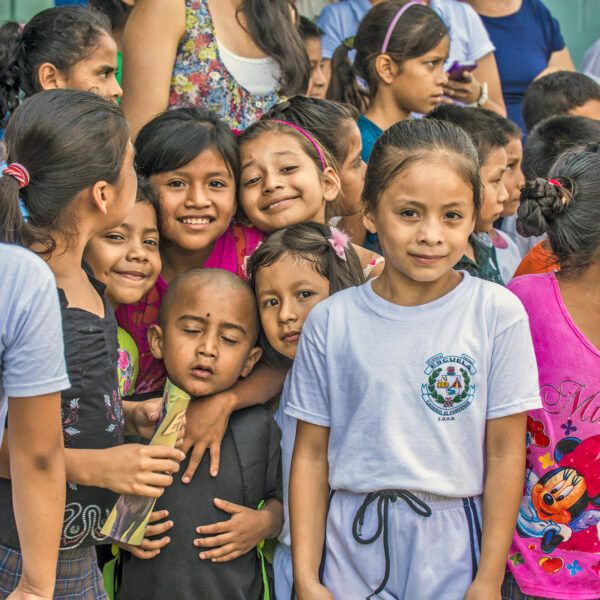
We can all play a crucial role to ensure that all children grow up in dignity. So, who’s with us?... Continue Reading
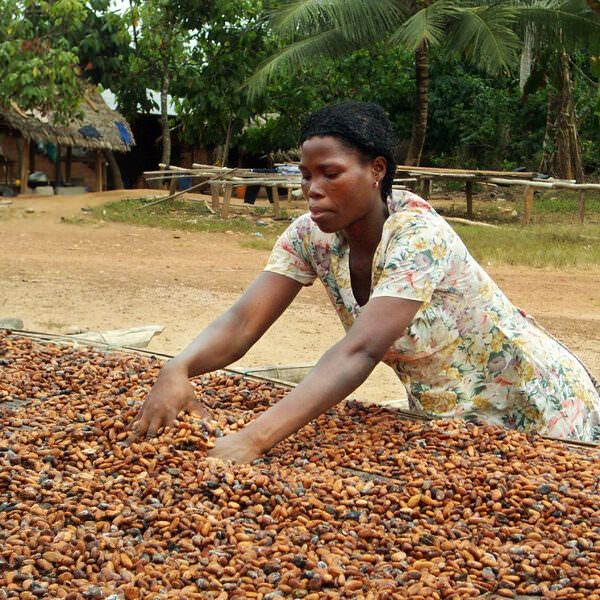
Our assess-and-address approach focuses on prevention, engagement, and improvement of human rights issues, and incentivizes farmers and companies to tackle human rights issues rather than hide them.... Continue Reading
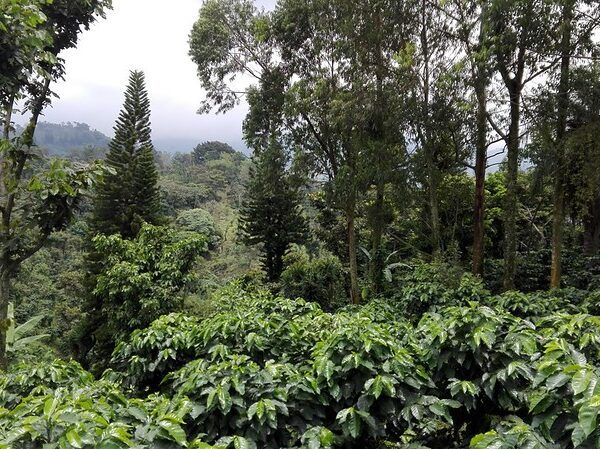
For the Rainforest Alliance’s Claudia Medrano, preventing child labor in Guatemala’s coffee landscapes is personal... Continue Reading
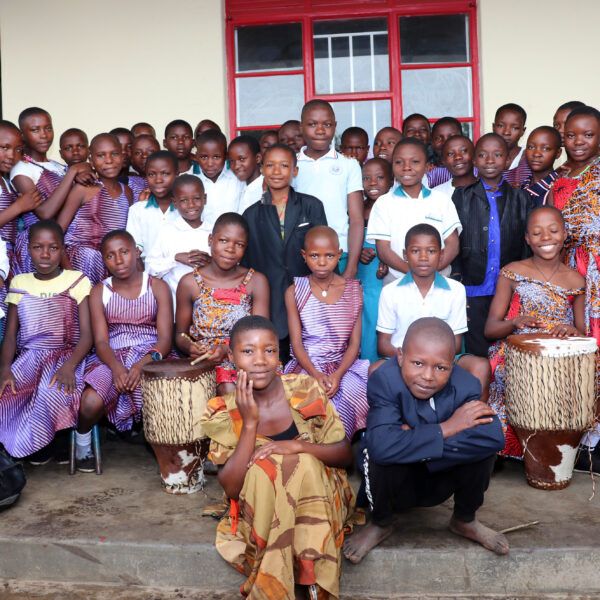
With the overarching goal of reducing child labor within coffee-farming communities, this project aims to create specific impacts within the partner communities—generating insights for other stakeholders to follow within their own contexts... Continue Reading
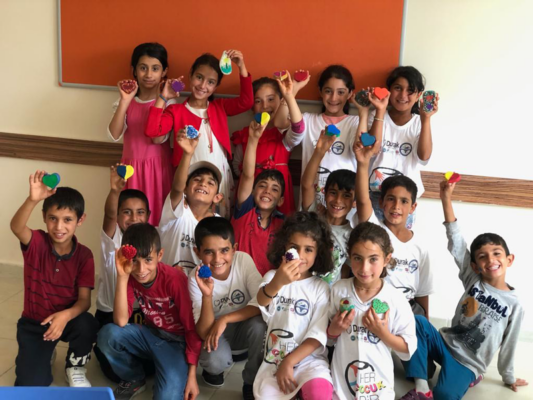
In the rugged hills of Turkey's Black Sea coast, hazelnut production is still mostly manual and heavily reliant on seasonal hired labor.... Continue Reading
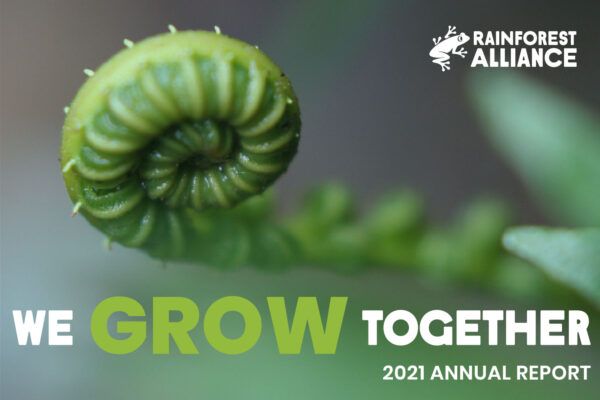
Explore the Rainforest Alliance 2021 Annual Report! Inside you’ll meet the farmers, forest communities, businesses, and individuals who are working with us to create a world where people and nature thrive together.

More than 70 percent of all child labor cases are found in the agricultural sector. While banning child labor on farms is commonly perceived to be a silver bullet, it’s simply not enough. The best way to eliminate child labor is to tackle its root causes, which can include lack of access to education, weak enforcement […]
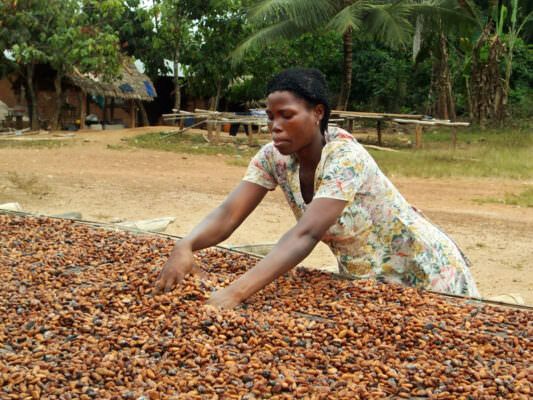
Our assess-and-address approach focuses on prevention, engagement, and improvement of human rights issues, and incentivizes farmers and companies to tackle human rights issues rather than hide them.... Continue Reading

For many companies, having the right tools and resources to effectively monitor and address human rights risks can be a challenge. Without the proper means and expertise, it can be a struggle to identify, address, and prevent these problems. With more than 30 years of experience and expertise, across 70 countries and six key commodities, […]
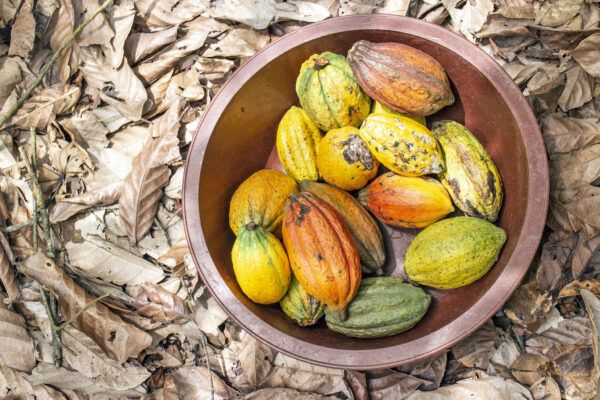
We work with almost one million cocoa farmers to build thriving livelihoods and climate resilience through certification and training.... Continue Reading